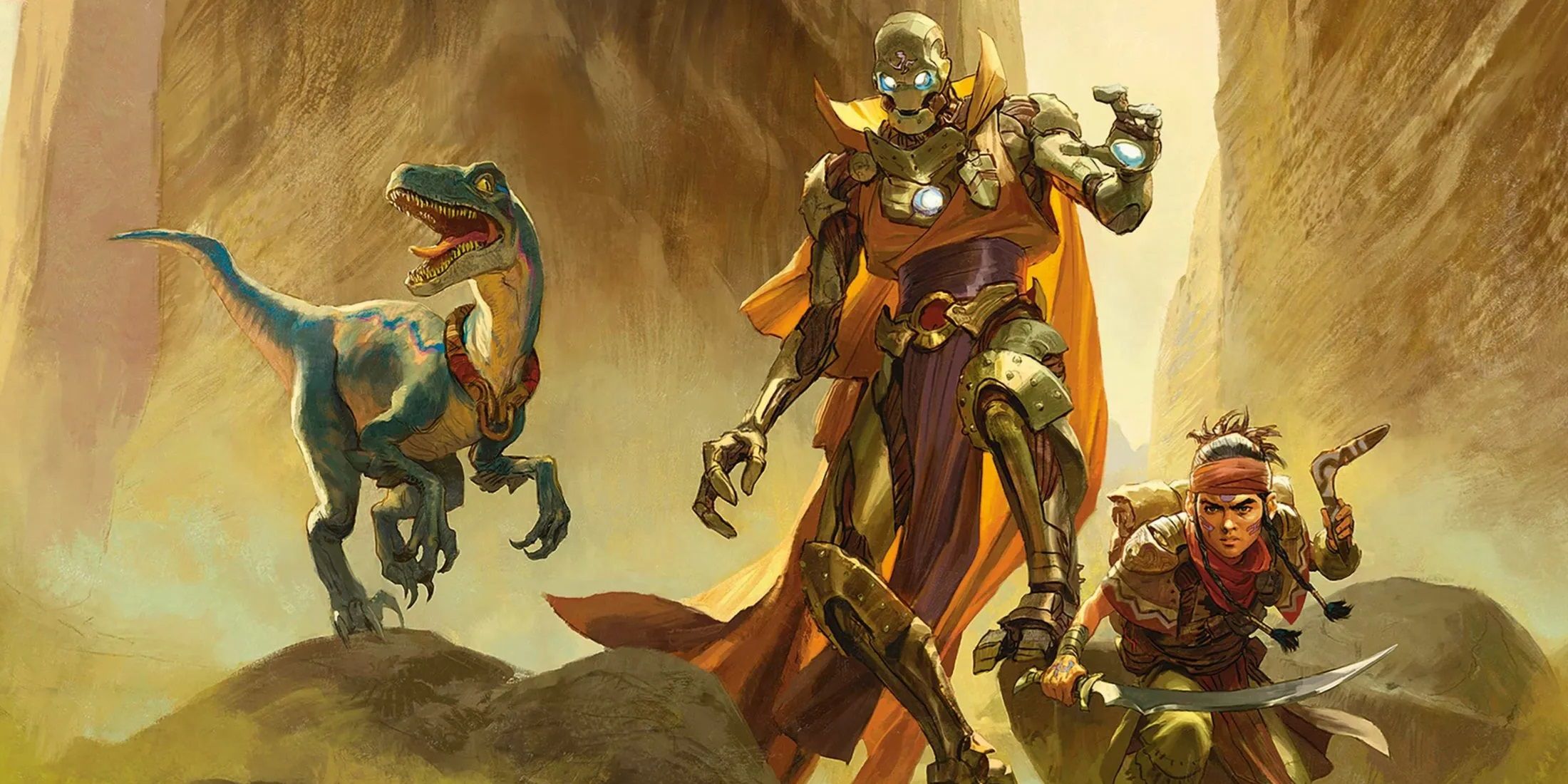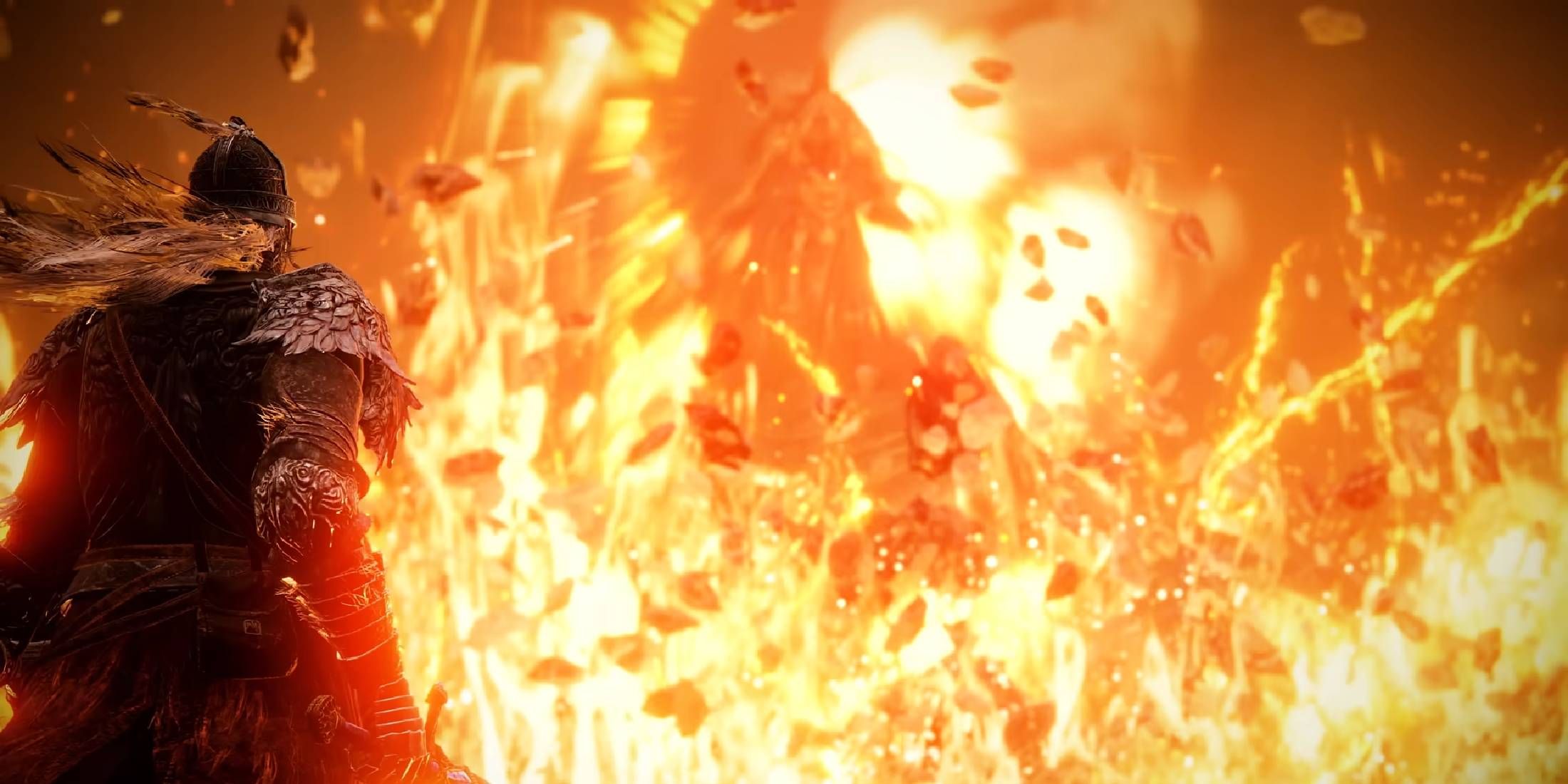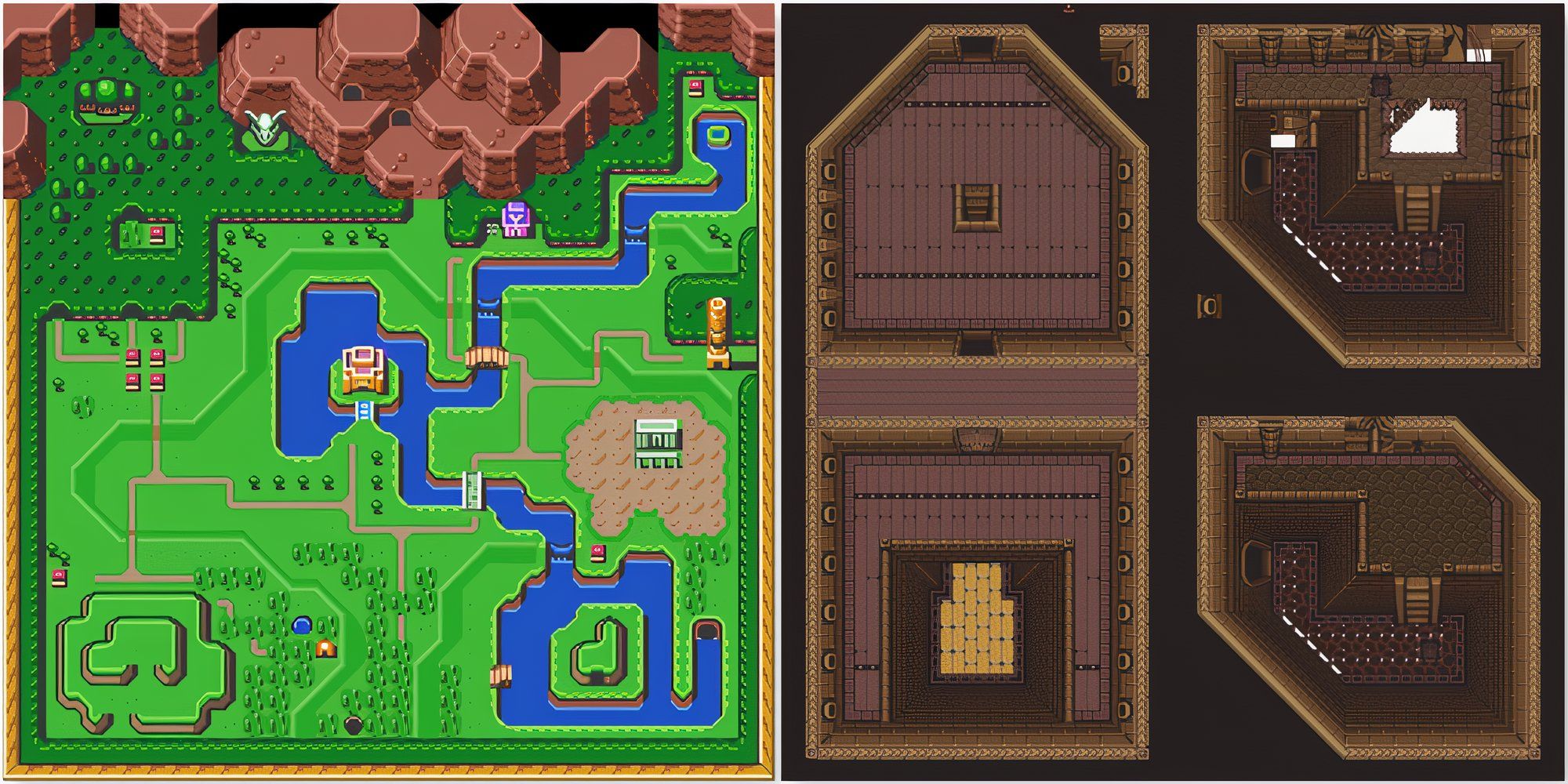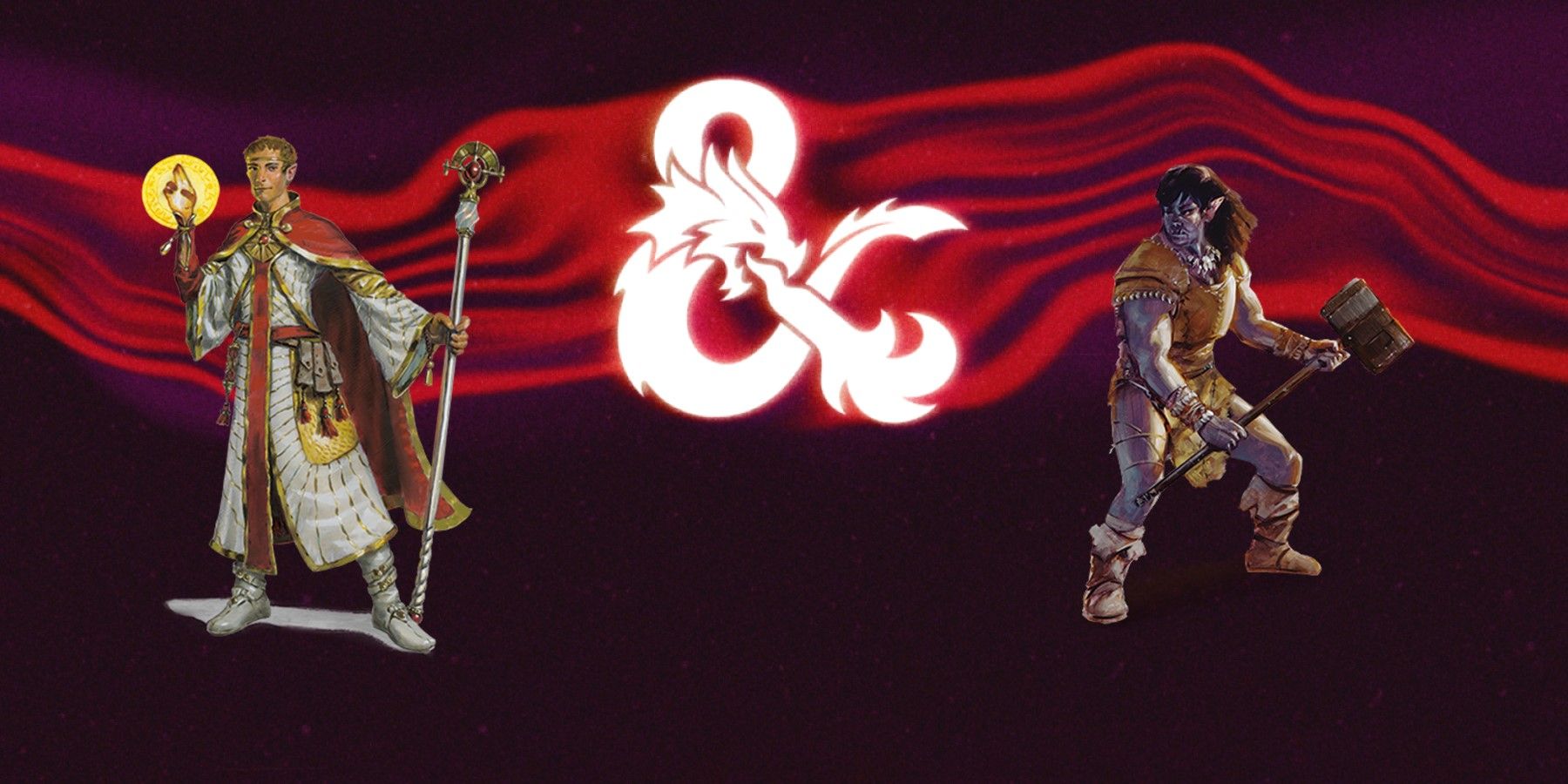Dungeons and Dragons recently made a statement on the controversy surrounding the future of Half-Elves, Half-Orcs, and other characters of mixed heritage in the popular TTRPG. These playable species will still be available in Dungeons and Dragons, but not in the way players might expect.
Wizards of the Coast recently held a Creator Summit where it invited influencers and third-party publishers to a conference. Though the summit got a bit heated, Dungeons and Dragons gave players a preview of features and changes coming in the new Player’s Handbook next year. One of these changes was the official removal of Half-Elf and Half-Orc from the roster of playable species.
Players were understandably incensed by this revelation. Dungeons and Dragons Half-Elves and Half-Orcs have been iconic fantasy staples for years, and removing them also erases representation for real-life players of mixed heritage. However, in a recent post on the official D&D Beyond Twitter, Dungeons and Dragons responded to the outrage by clarifying players could still be Half-Elves or Half-Orcs–they simply would not have different stats or be referred to as such in the revised Player’s Handbook.
The post pointed back to the first One D&D playtest released last August. The Unearthed Arcana content revealed an in-development process by which players would play a character with parents of two different heritages. Rather than use a special set of traits like existing Half-Elves and Half-Orcs, players pick the abilities from one of their parent’s species, but describe their character using features from both.
That said, players are still not satisfied with D&D’s answer. While assigning special stats to mixed heritage characters was always a little strange, having players just pick one of their parents to determine traits feels wrong, especially since Dungeons and Dragons is trying to be more racially-sensitive. These fans think doing so erases the impact of their character's heritage, and undermines the spirit and importance of what coming from multiple ethnicities means for both real and fictional people.
Luckily, this D&D playtest content is not final. Though it is no longer using the One D&D name, Dungeons and Dragons is still committed to refurbishing 5th Edition for its 10-year anniversary. Considering it is still actively receiving feedback on its playtests, there is plenty of time to change how it is handling characters of multiple species. With its own admission that the character origin adjustments will be altered in the future, and the public opposition to the rules as they are currently written, players can expect the proposed system to be revised before the final product is ready.
Dungeons and Dragons is available now.




